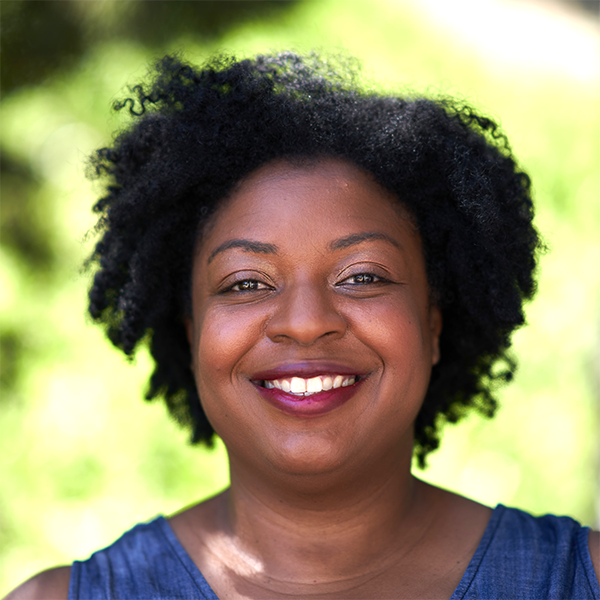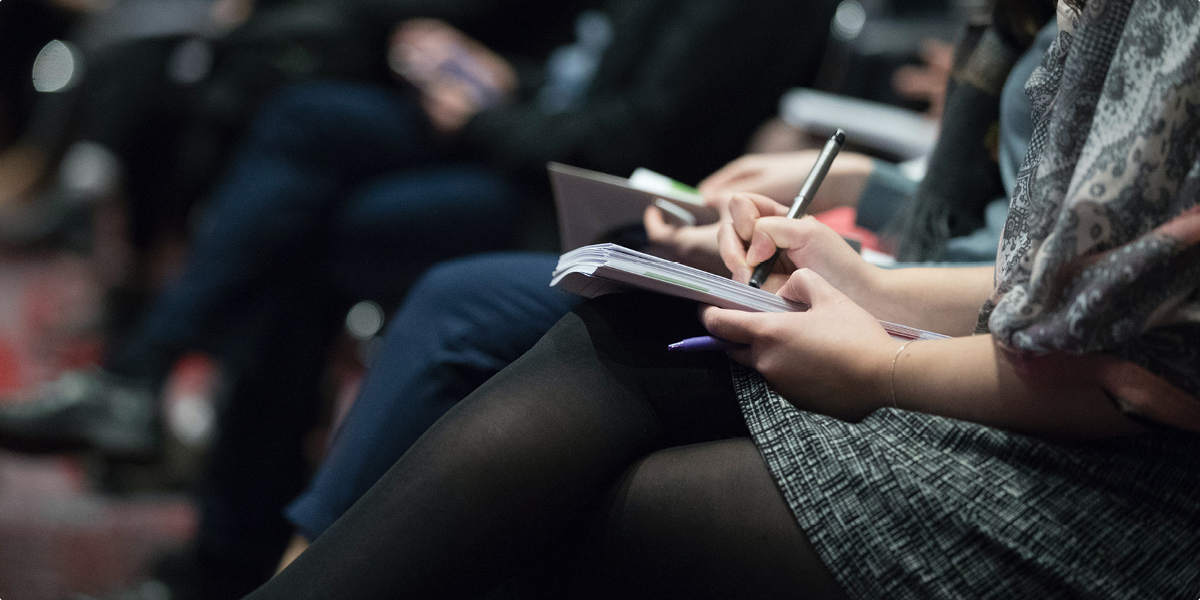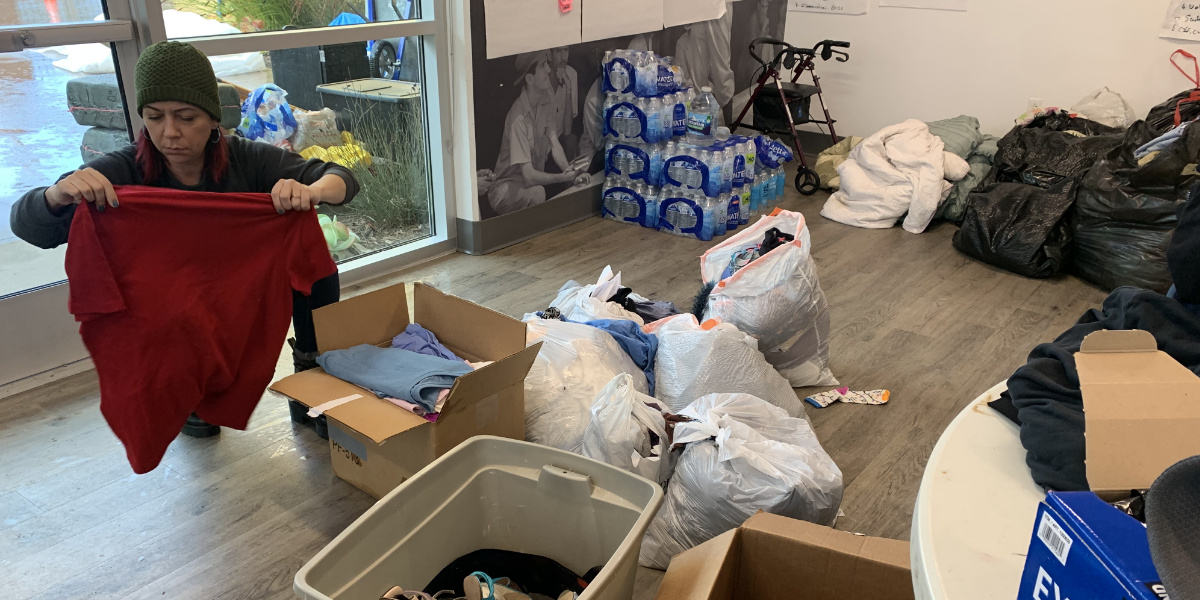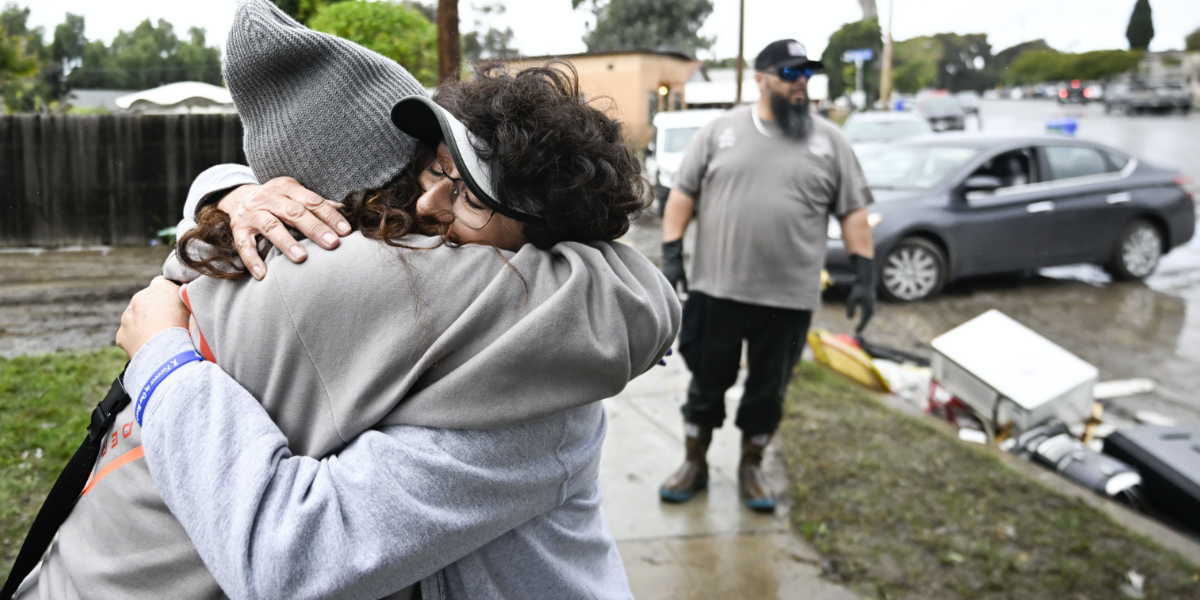The COVID-19 pandemic has underscored the inequities in our systems.
Families who have been struggling to make ends meet for years are struggling with lost wages because they were barely making ends meet before this crisis.
Working people must go to their jobs and be on the frontlines without access to proper protective equipment, deep cleaning practices, paid sick leave and healthcare. They are fearful to stand up for their workplace rights because the system does not respond to them. The possibility of retaliation just for standing up for one’s basic rights is a real and present danger because we have spent too many resources policing people and not enough holding bad corporate actors accountable.
We are all less safe today because, for decades, we have not done enough to include and protect everyone. We have told individual people that they are largely on their own and now we are all suffering because individualism is reigning when we need collectivism—collective care and collective responsibility.
We all know that our current systems are not meeting the needs of many middle-income families and the situation is worse for low-income families.
One of the challenges facing philanthropy is the sheer amount of demand that exists. Investing in short-term fixes such as financial assistance, food distribution, and temporary housing is important because people are suffering and need help now. But we must not forget that these short-term fixes that support individual people and families are not effective solutions for the problem.
We have to build a system where it is not a struggle to eat and to live.
We have to be able to meet short-term needs while fighting for long-term systemic change. In the short-term we should be removing barriers to public education by providing internet access to all students, but in the long term we need to reinvest in public education again so that from early childhood to postgraduate, we can meet the needs of our most marginalized students.
Right now, we are scrambling to find hotel rooms or stop evictions so that families do not end up on the street, but what we really need is social housing and universal healthcare so that families do not have to choose between healthcare or rent. And we must stop equating public safety with policing because this crisis points out to us that the communities that are safest and doing best are not the ones with the most police. They are the ones where the system meets the needs of the residents.
The problems we face are public problems and we cannot solve them with private solutions alone. Private philanthropy must join with communities to advocate for public policies that transform our systems so people are protected now and before the next crisis.
Times are always tough for working families and people of color, and these times are some of our most challenging. However, this moment is also ripe with opportunity.
Activism around police accountability, greater awareness of the critical and myriad functions of public education, and clarity about racial and socioeconomic disparities give us an unusual opportunity to speak to an engaged public about ways that we can improve well-being now and in the future. But, budget uncertainty and the displacement that COVID-19 is creating also means that even more is at stake than usual.
The COVID-19 crisis did not break our economy. It has merely worsened a system that was already broken for working families, especially those we marginalize based on their race, gender and country of origin, to make it easier to exploit their labor. For over two decades, the Center on Policy Initiatives has fought for higher wages, paid time off for working people to take care of the health and well-being of their families, greater access to healthcare, healthier environments and transparent, community-controlled governance.
This year is no different, but the pandemic makes the fight harder and requires the collective efforts of all San Diegans. We invite you to stand with working families and fight with us.
This article and respective opinions expressed by Dr. Greene are part of an effort to educate and inform our community about inequity across our region.

Dr. Kyra R. Greene currently serves as Executive Director of the Center on Policy Initiatives (CPI), where she has also worked as a Deputy Director and Research/Policy Analyst.
Before joining CPI, Dr. Greene serves as Assistant Professor of Sociology at San Diego State University, where she taught courses on socioeconomic inequality, race, and qualitative research methods. Dr. Greene’s past research has focused on social movement messaging/framing, legislative processes, and public policies affecting the lives of people of color and people with disabilities. Dr. Greene serves on the boards of the San Diego Grantmakers, San Diego Equity Collaborative Fund, San Diego City-County Reinvestment Task Force, League of Conservation Voters San Diego, Engage San Diego, and the Partnership for Working Families. Dr. Greene recently became Chair of the Engage San Diego Action Fund and Board Chair of the Partnership for Working Families.




